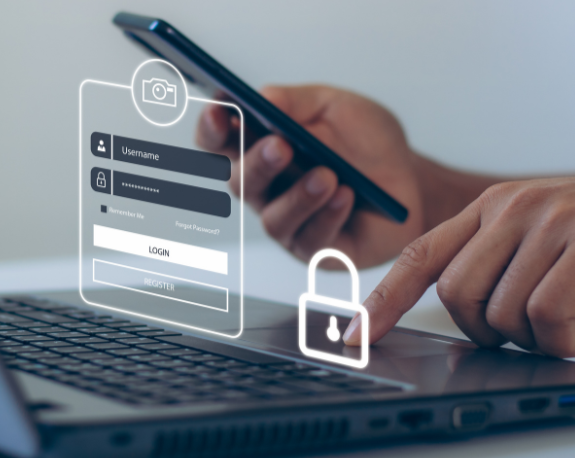Your Security is Our Top Priority
We understand the importance of protecting your personal and financial information, and we are committed to providing you with a safe and secure banking experience. Your trust is invaluable to us, and we continuously strive to uphold the highest standards of security to keep your information protected.
We provide a range of useful tools and resources to help keep your accounts secure, backed by rigorous internal protocols. Our dedicated teams continuously monitor for potential threats, ensuring we maintain the highest security standards. If we detect any concerns, we’ll reach out in a timely manner with guidance on how to protect yourself.
Remember, scams can happen to anyone, so stay vigilant. Be cautious of calls, emails, texts, or messages from unknown sources - especially those requesting money or personal information.

Keep Informed - click below to view the latest Fraud Articles from Directions
24/7 VISA Debit and Credit Card Fraud Assistance
Permanently block your cards through Online Banking: Log in to your online banking account. Select the “Cards” tab. Hover over the card you want to block and select the “permanently block card” button.
VISA Credit Card Only
- To report a lost or stolen VISA credit card, please call 1-800-325-3678 or 1-800-991-4961.
- VISA credit card balance hotline: 1-800-237-6211
Fraud and Scams
Jennifer Segura, the Director of Fraud & Research Support at Directions Credit Union, helps to walk you through how to better protect yourself against fraud.
More Fraud Prevention Tips
- Resist the urge to act immediately - if someone is pressuring you to make a decision, it is likely a scam
- Stop and talk to someone you trust, whether it is a family member, friend, or your financial institution
- Block unwanted calls, text messages, and emails
- If someone pressures you to pay in a particular way, such as money wiring or through cryptocurrency, it is likely a scam
- Protect your personal information as you would with cash and other valuables

